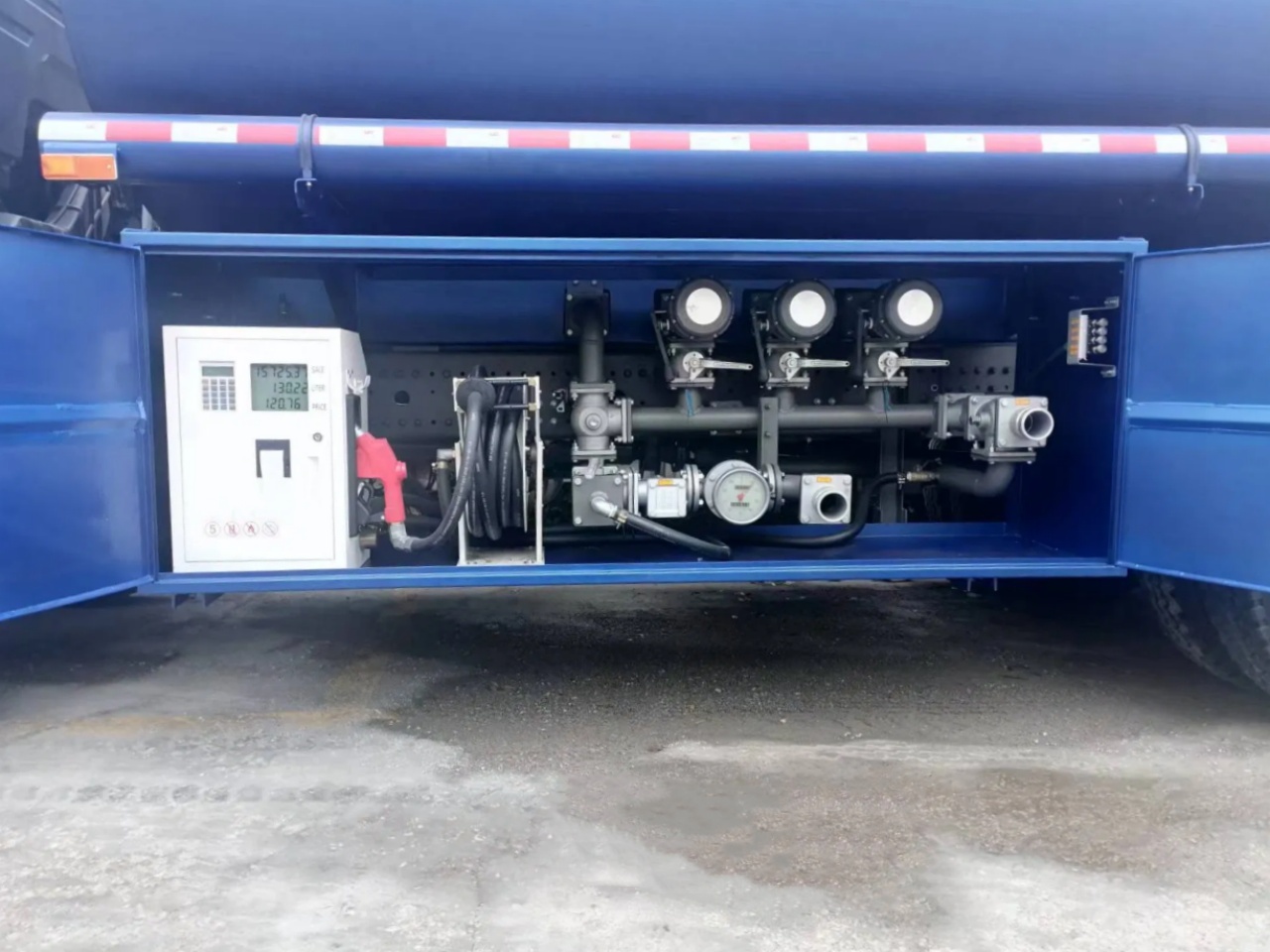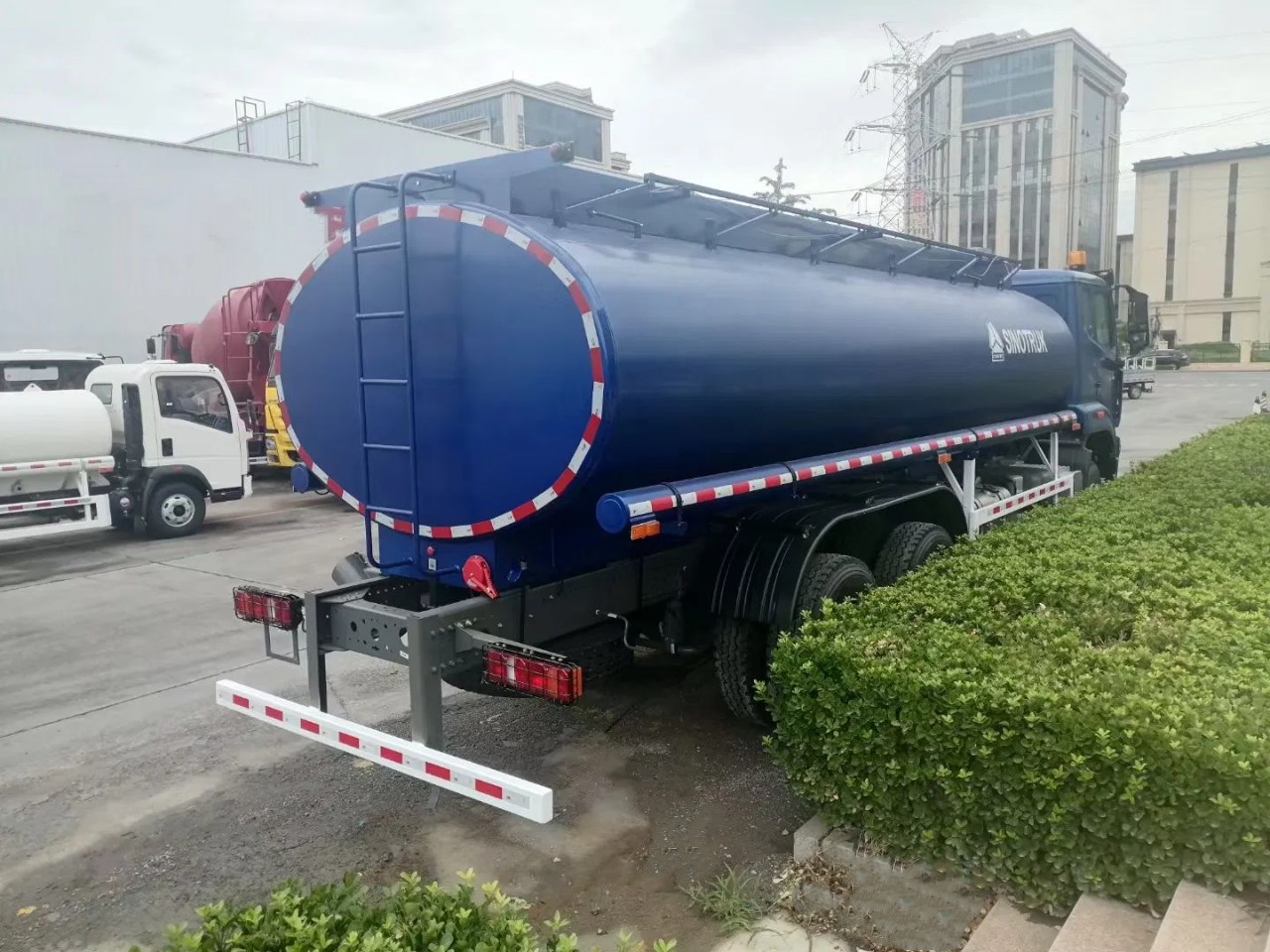Fuel tanker lorries, which are essential for transporting liquid fuels across vast distances, play a critical role in modern logistics and energy distribution. These specialized vehicles vary widely in size and capacity, designed to safely transport various types of fuels from refineries to distribution points, ensuring a continuous supply chain for gasoline, diesel, and other petroleum products.
Understanding Fuel Tanker Lorries
Fuel tanker lorries, also known as fuel tank trucks or simply tankers, are specifically built to carry liquid fuels in large quantities. They are classified based on their capacity, which is measured in litres or gallons, depending on the region. The design and construction of these vehicles prioritize safety and efficiency, adhering to stringent regulations to prevent spills, leaks, and accidents during transportation.
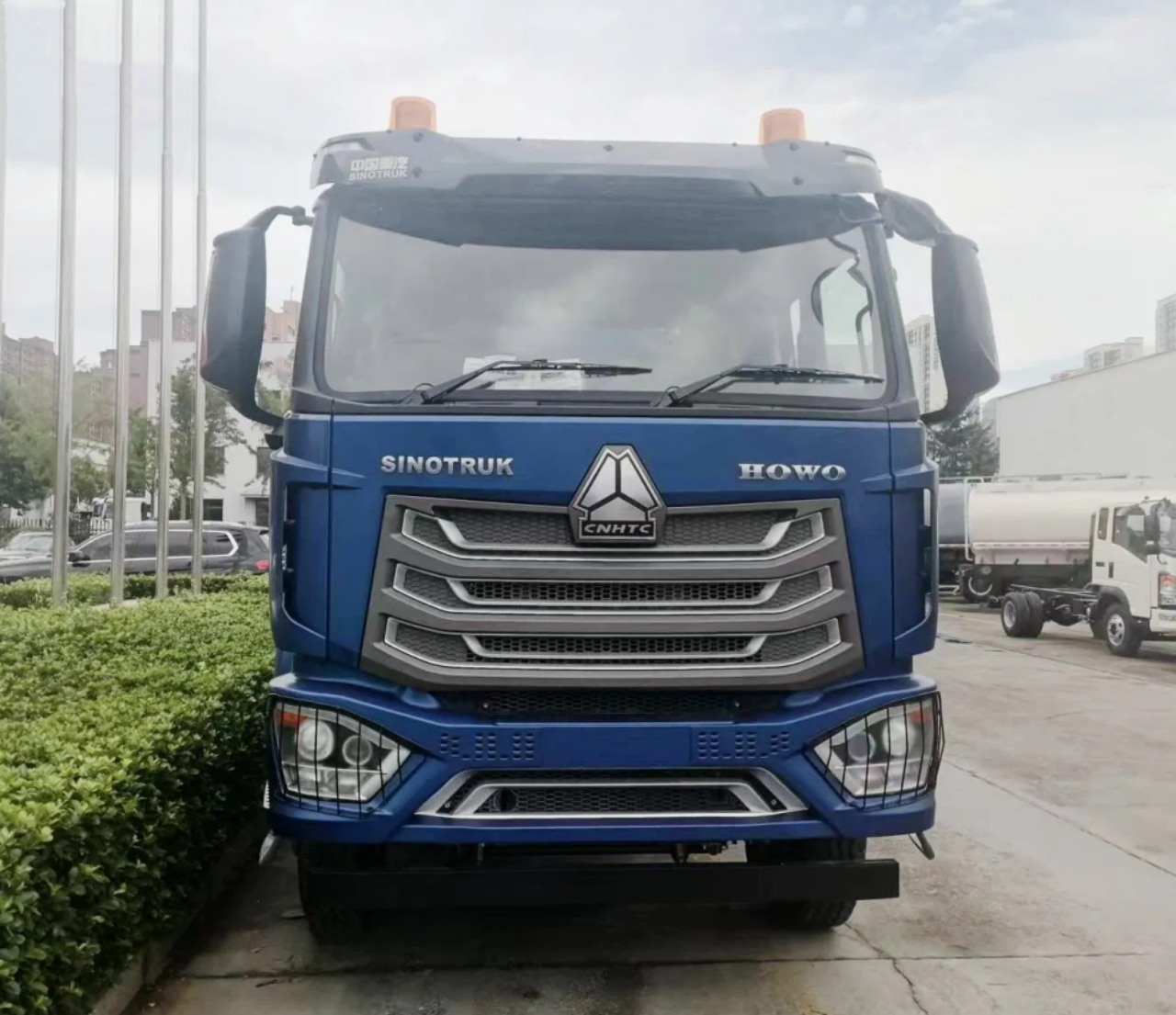
Capacity and Varieties
The capacity of a fuel tanker lorry can vary significantly depending on its intended use and regional regulations. In general, these vehicles range from small tankers designed for local deliveries to large articulated lorries used for long-distance transport. Typical capacities can range from around 5,000 litres for smaller vehicles used in urban areas to over 30,000 litres or more for long-haul tankers used on highways and intercity routes.
Construction and Components
Fuel tanker lorries are constructed with specialized materials such as aluminum, steel, or fiberglass-reinforced plastic to withstand the corrosive nature of petroleum products and ensure structural integrity under various conditions. They feature multiple compartments to transport different types of fuels simultaneously, equipped with pumps, hoses, and safety valves to facilitate efficient loading and unloading operations.
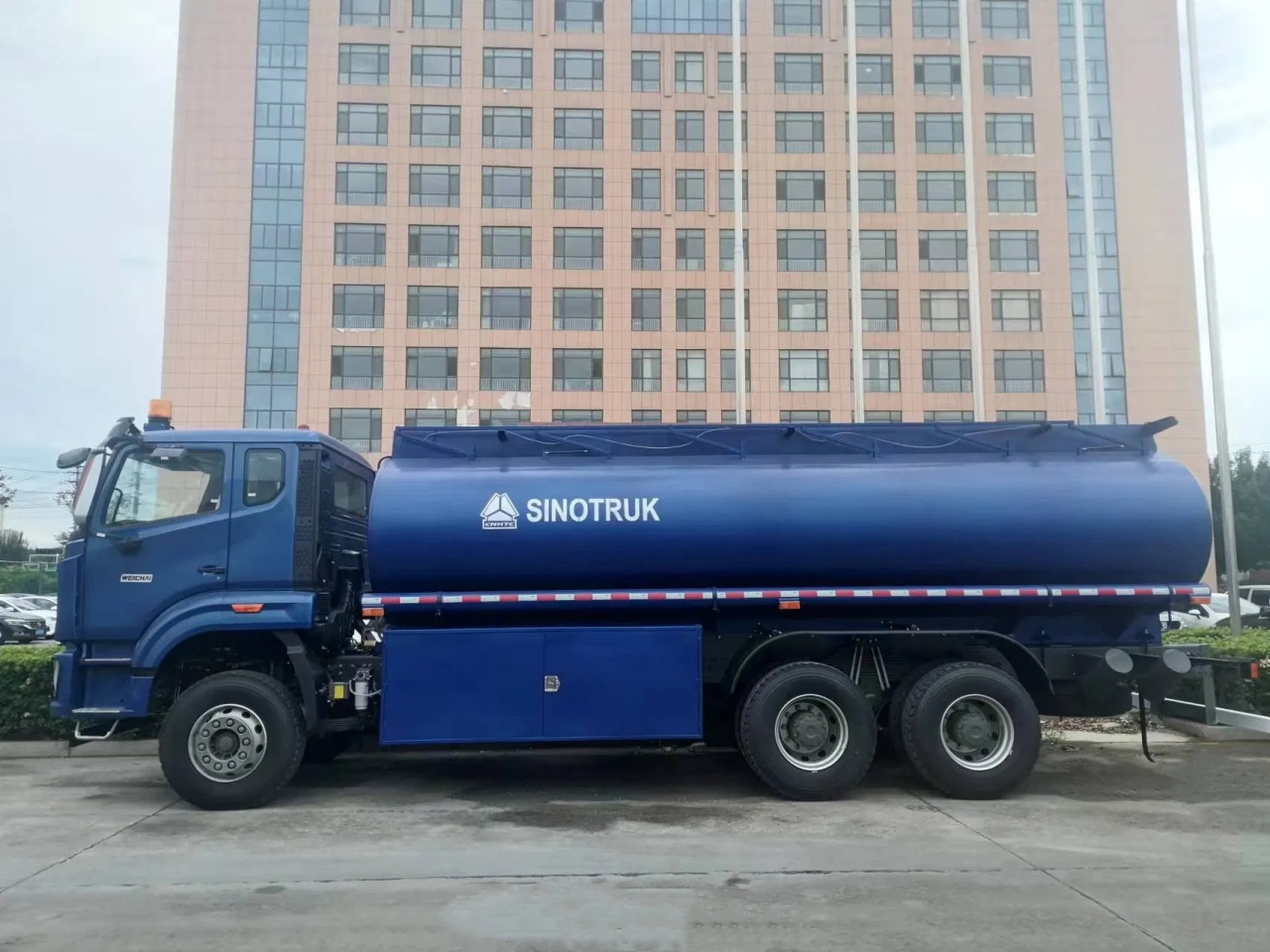
Safety and Regulatory Compliance
Safety is paramount in the design and operation of fuel tanker lorries. They adhere to strict regulatory standards regarding vehicle construction, driver training, and operational procedures to minimize environmental impact and ensure public safety. Tankers are equipped with emergency shut-off systems, spill containment mechanisms, and undergo regular inspections to maintain compliance with local and international safety regulations.
Operational Challenges and Efficiency
Operating fuel tanker lorries presents unique challenges due to the volatile nature of liquid fuels and the need for precise handling and monitoring during transportation. Drivers undergo specialized training to manage loading, unloading, and emergencies effectively. Efficiency in fuel consumption and route planning is critical to optimizing delivery schedules and minimizing operational costs.
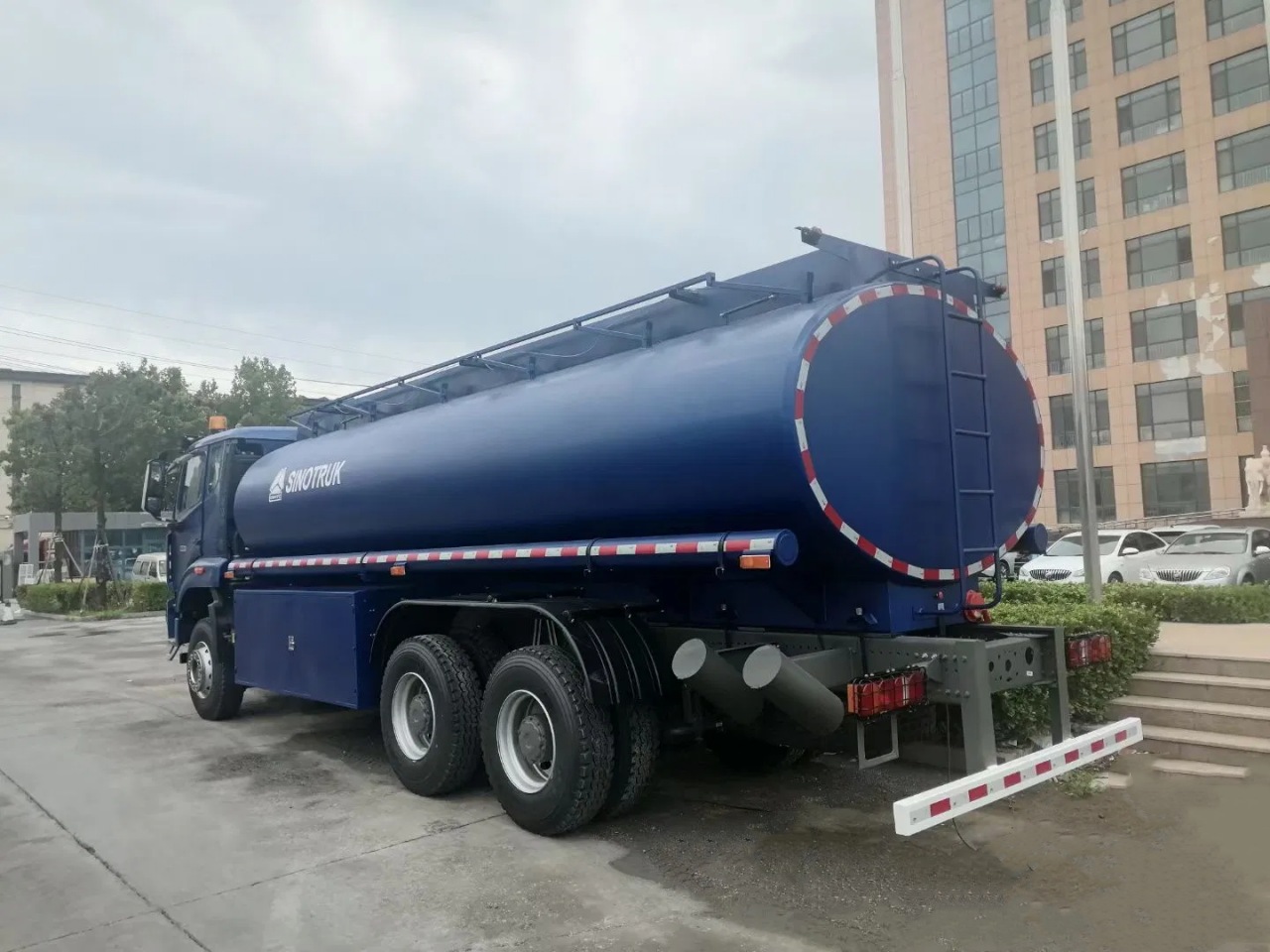
Environmental Impact and Sustainability
The environmental impact of fuel tanker lorries is a growing concern addressed through technological advancements and regulatory measures. Efforts to reduce emissions, improve fuel efficiency, and implement alternative fuel options are ongoing within the transportation industry. Innovations in tanker design focus on sustainability, aiming to reduce carbon footprints and mitigate environmental risks associated with fuel transportation.
Future Trends and Innovations
Looking ahead, the future of fuel tanker lorries is shaped by advancements in vehicle technology, automation, and digitalization. Enhanced monitoring systems, predictive maintenance, and connectivity solutions are transforming fleet management practices, improving safety, efficiency, and environmental stewardship. Adoption of electric and hydrogen-powered tankers represents a shift towards sustainable transport solutions in the energy sector.
Conclusion
In conclusion, the capacity of a fuel tanker lorry varies widely based on its design, intended use, and regulatory requirements. These specialized vehicles are integral to the global supply chain of liquid fuels, ensuring reliable distribution from production facilities to consumers. With a focus on safety, efficiency, and environmental sustainability, fuel tanker lorries continue to evolve through innovation and technological advancements, meeting the demands of an ever-changing transportation landscape.
Fuel tanker lorries embody the intersection of engineering excellence, regulatory compliance, and environmental responsibility, supporting economic development while safeguarding natural resources and communities worldwide.
